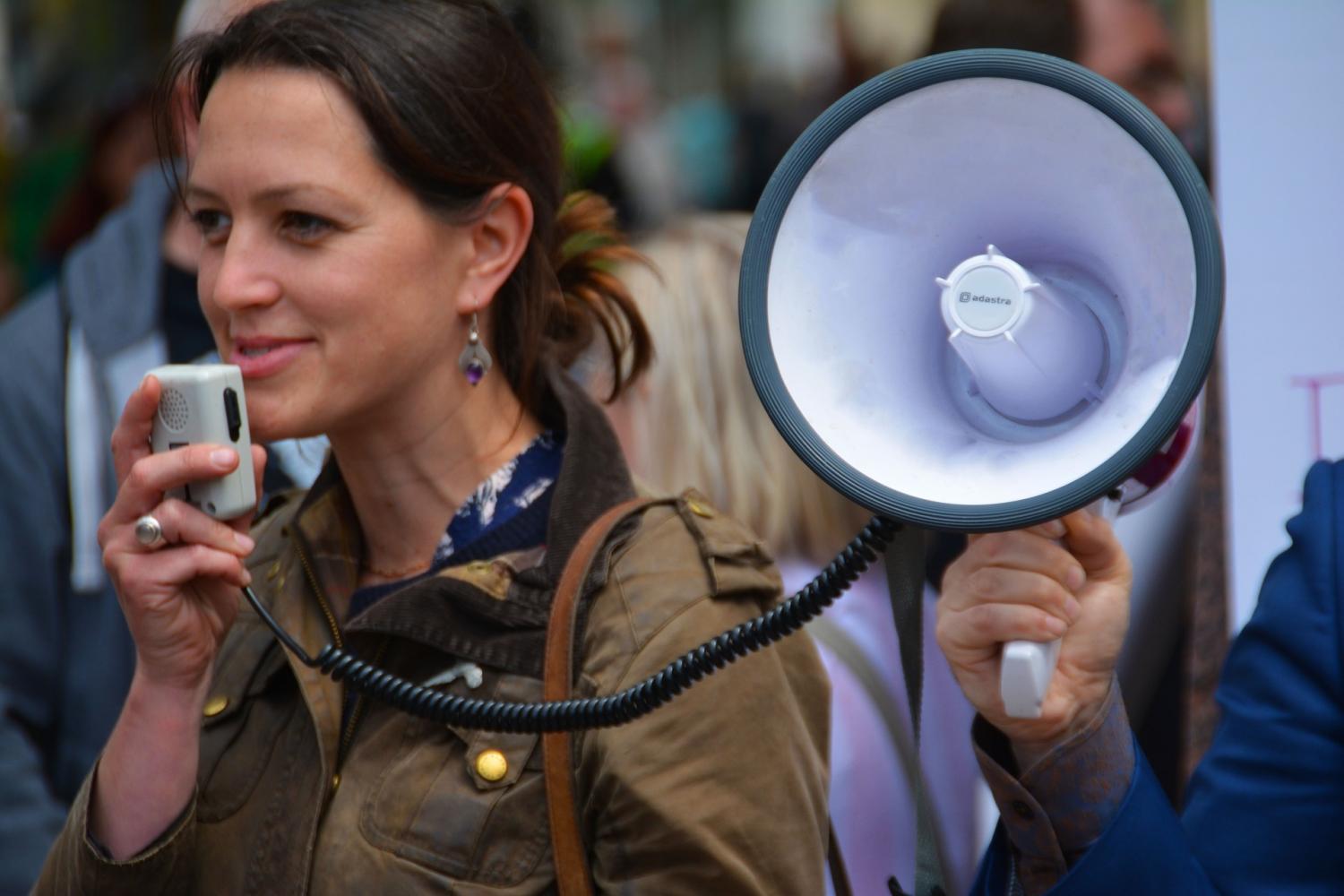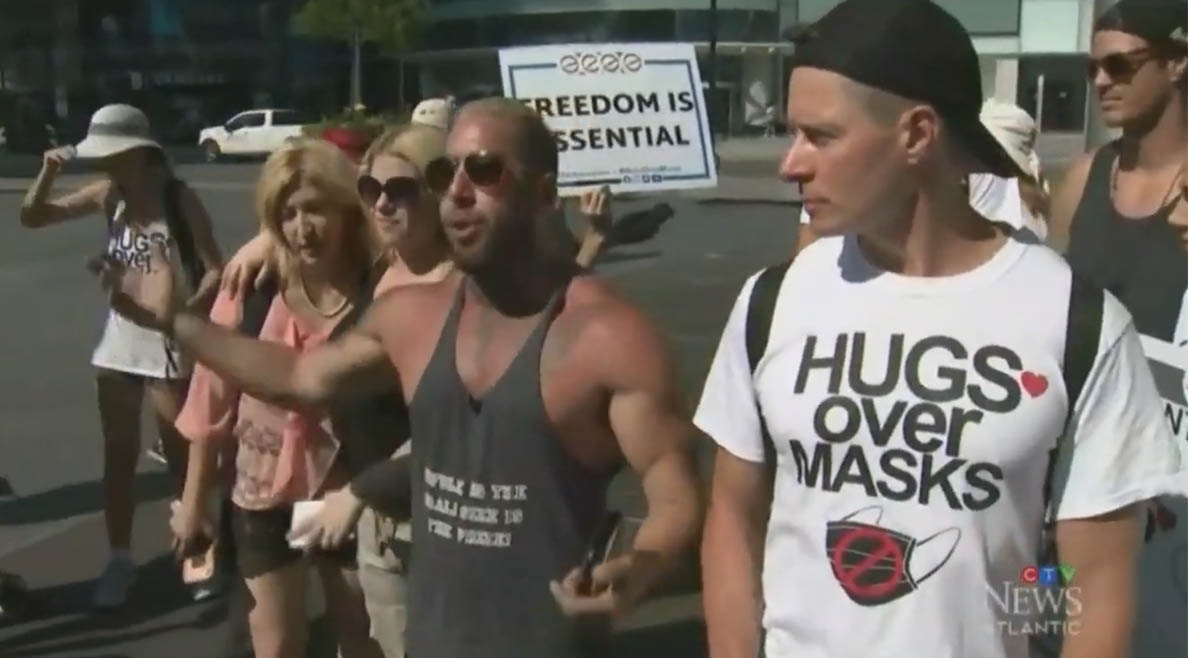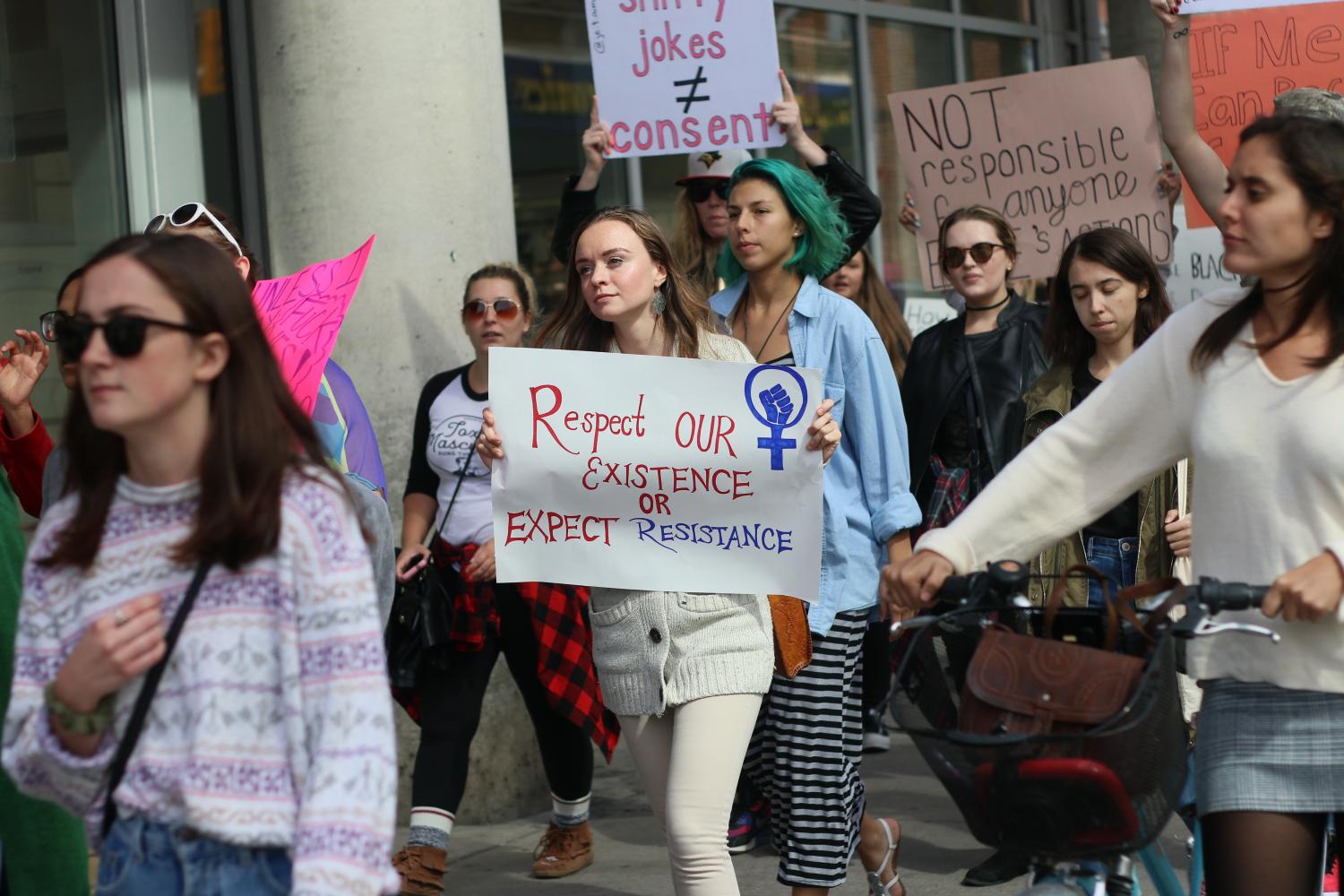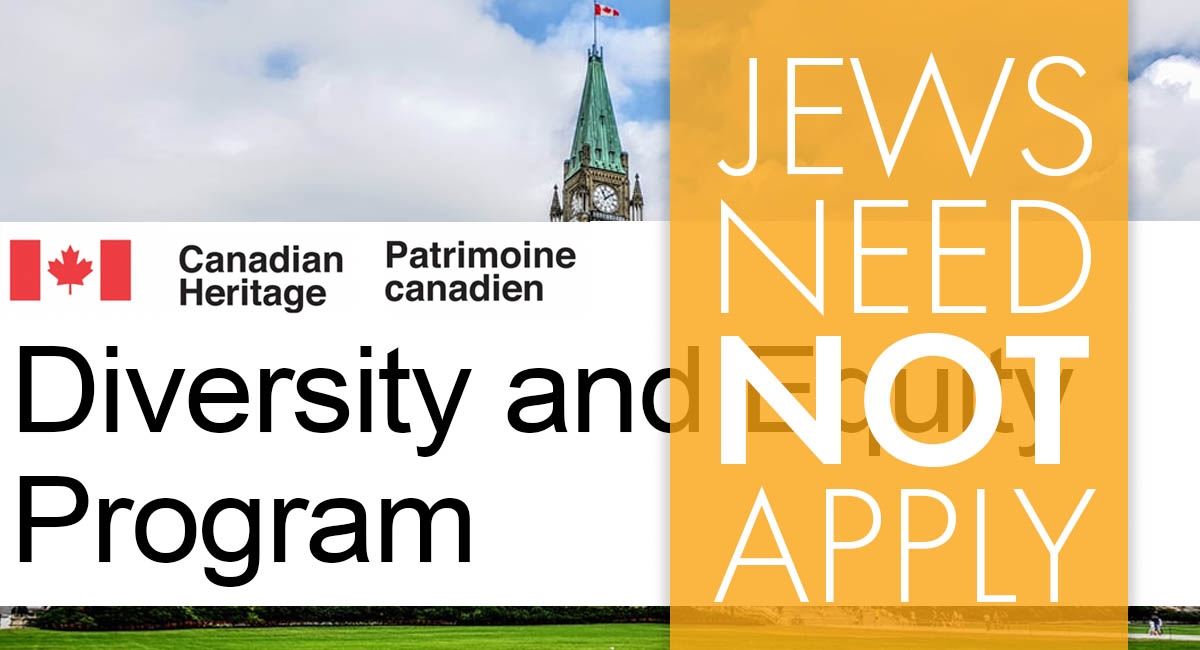
Time to Stop Talking About Speech Laws and Start Talking About Speech Rights!
The Lindsay Shepherd affair at Wilfred Laurier University was the moment the free speech and free thought lid blew off the pressure cooker in Canadian Universities as it exposed a Soviet-style inquisition at the hands of Wilfred Laurier University Professor Nathan Rambukanna. Shepherd’s “crime” was showing undergraduate students a video clip of University of Toronto Professor Jordan Peterson’s remarks culled from a segment of TV Ontario’s popular show, The Agenda, hosted by Steve Paikin. Peterson and other guests on the panel were discussing the issue of gender-neutral pronouns (a subject that has made Peterson famous or infamous, depending on your politics).
After an alleged complaint was made regarding showing this clip, Shepherd was brought into what can only be described as an Orwellian meeting with three of her superiors, including Rambukkana, the professor she was assisting. Shepherd was told that she was creating a “toxic environment” by showing the Paikin clip, and he likened it to “neutrally playing a speech by Hitler.” These supposed “academics” used their power position to try to humiliate her.
It turns out there was no complaint; “Dr.” Rambukkana lied and made the whole thing up. Fortunately, Ms. Shepherd had secretly recorded the meeting and would later release its content to the media. The public outrage and reaction was immediate.
Sadly, not much has changed since the incident. Four years ago, I too experienced similar treatment from left-leaning and neo-Marxist students and professors when I studied at the University of Toronto. Once, at the student commuter centre, I was conversing with a classmate about the Harper Government’s position on the Niqab ban. My friend and I were abruptly and rudely interrupted by an older student who told us that we could not speak about this topic because we were in a “positive space” and it might offend or hurt the feelings of some students in the room. I was upset that a private political discussion was being shut down by someone not participating in the conversation. As I left the centre, I recall thinking that the “positive space” posters around the place reminded me of George Orwell’s 1984 “Big Brother is watching you” placards.
Professors at the University of Toronto and several other Ontario universities are obsessed with “progressive narratives”, such as gender being a social construct (not real) and suppressing a student’s ability to speak their mind if it does not conform to their Marxist view of the world. In many of my classes, there was no room for dissenting opinions. So it was exhilarating to me when Professor Peterson started the Free Speech fight at the University of Toronto.
I ended up leaving the school because I found the political correctness climate suffocating. The problem with the idea of policed speech is that the definition of “hate speech” is subjective and is more often than not used as a tactic against Conservatives on university campuses.
In the United States, the Constitution guarantees that Congress will make no rules to suppress free speech. In Canada, our Charter has a hate speech restriction, which is problematic because it allows the government of the day to legislate its subjective definitions of what it deems as “hate speech” into criminal law.
The problem with these laws that made Bill C-16 (anti-transphobia) possible is that they can be perverted and used to wrongly accuse people like Ms. Shepherd of hate crimes for simply showing a video that aired on the most moderate political affairs show in Canada.

The late Christopher Hitchens described the problem with hate speech perfectly at the University of Toronto in 2007:
“To whom do you award the right to decide which speech is harmful or who is the harmful speaker? Or determine in advance what are the harmful consequences going to be, that we know enough about in advance to prevent? To whom would you give this job? To whom are you going to award the job of being the censor? Isn’t it a famous old story that the man who has to read all the pornography, in order to decide what’s fit to be passed and what’s fit not to be, is the man most likely to be debauched?”
Instead of concocting all kinds of ways to suppress speech in Canada, we would be better served going the other way and encouraging more free speech. We shouldn’t let our publicly funded academic institutions shut down free thought because some Professor or student doesn’t like what someone is saying and is “offended”. By levying more laws against speech, we are waiting for more Lindsay Sheperd stories to happen, and it is pretty clear from the public response that Canadians don’t want this to happen. Adults should reflect on the children’s rhyme, “Sticks and stones may break my bones, but words will never hurt me”.
In the book The Friends of Voltaire, Evelyn Beatrice Hall wrote the phrase: “I disapprove of what you say, but I will defend to the death your right to say it” (which is often misattributed to Voltaire himself). Hall’s quotation describes perfectly the principle of free speech. This idea has been a core tenet of Liberalism for centuries, and abandoning it on the altar of political correctness is misguided.
Feature image: courtesy of Pixabay









